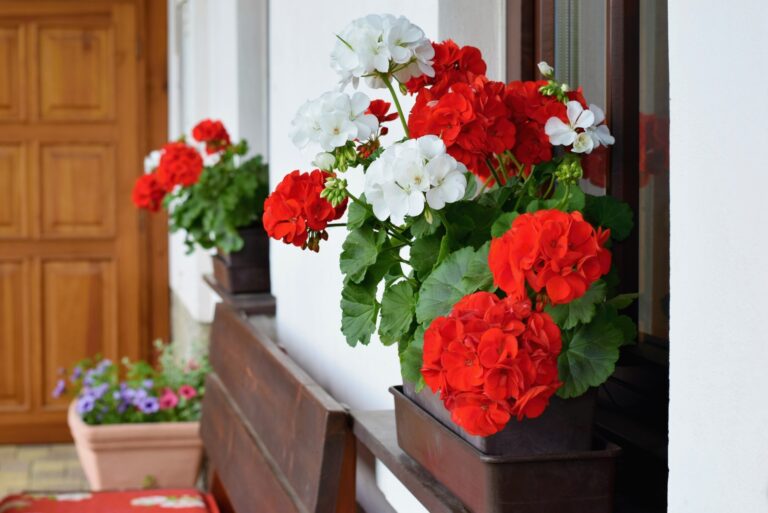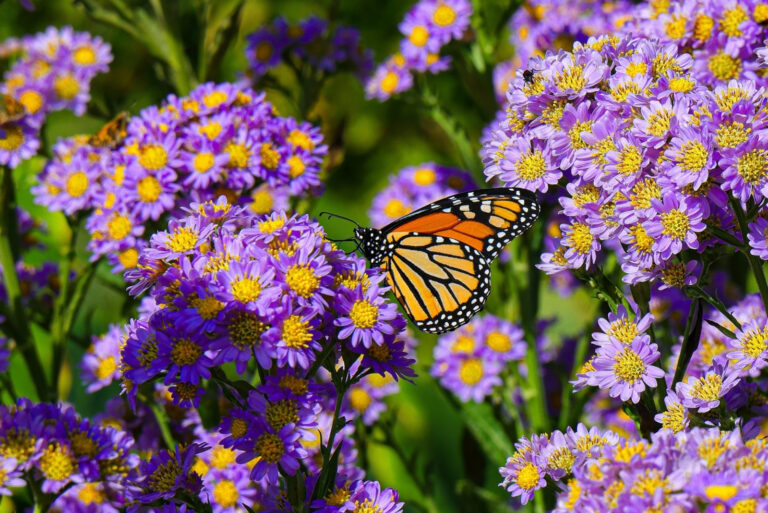22 Medicinal Flowers & How To Use Them
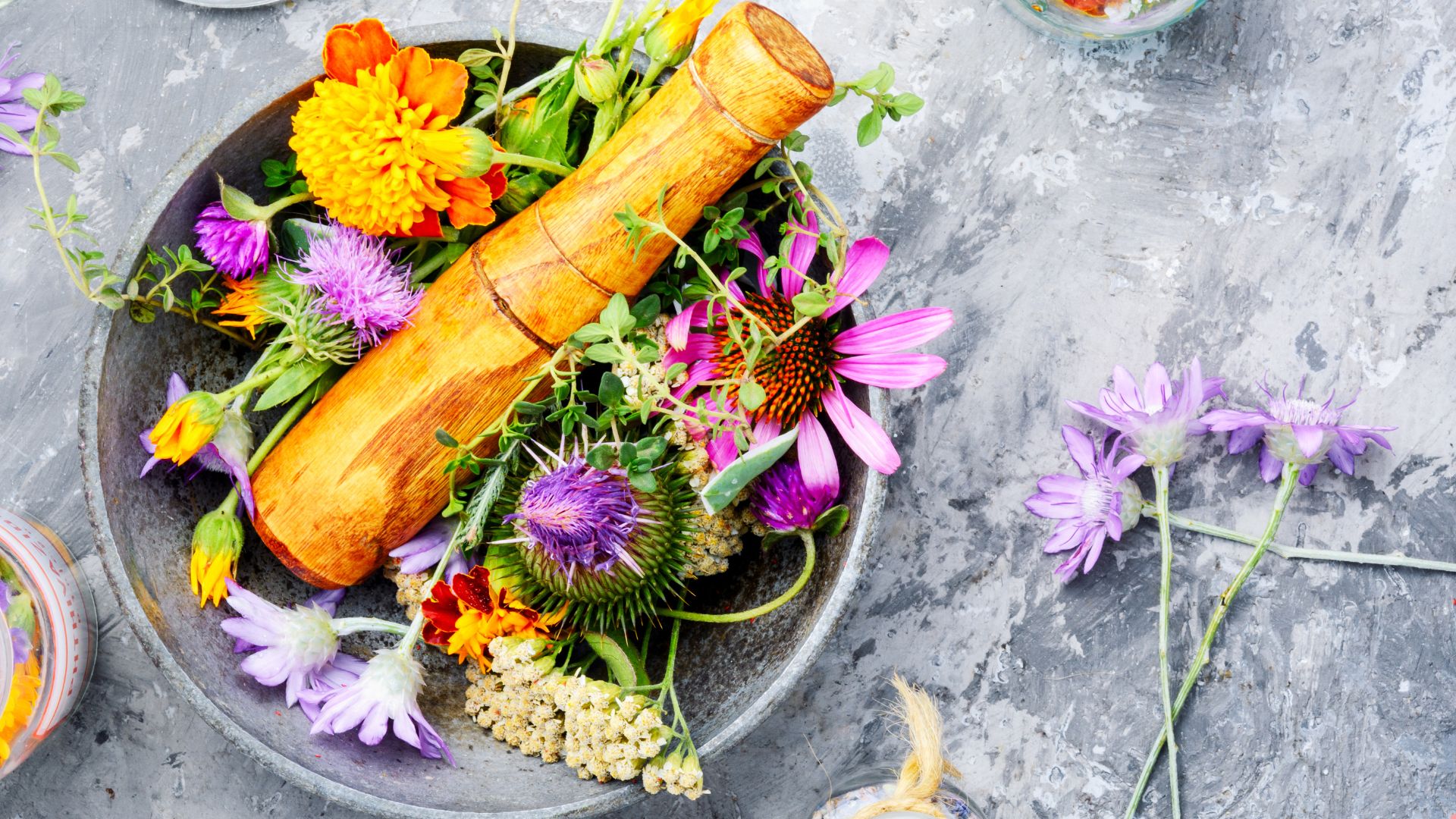
Welcome, dear flower enthusiasts, to a magical journey through the world of medicinal blossoms! Imagine strolling through a garden where every bloom has a secret healing power, waiting to be unlocked.
As a passionate gardener myself, I’ve often found solace in the delicate petals and vibrant hues of these natural wonders. Whether you’re nursing a cold or seeking a moment of zen, there’s likely a flower ready to lend a petal.
So, grab your gardening gloves and let’s dig into the fascinating world of medicinal flora. Just remember, flowers are like friends; treat them well and they’ll treat you better!
1. Calendula
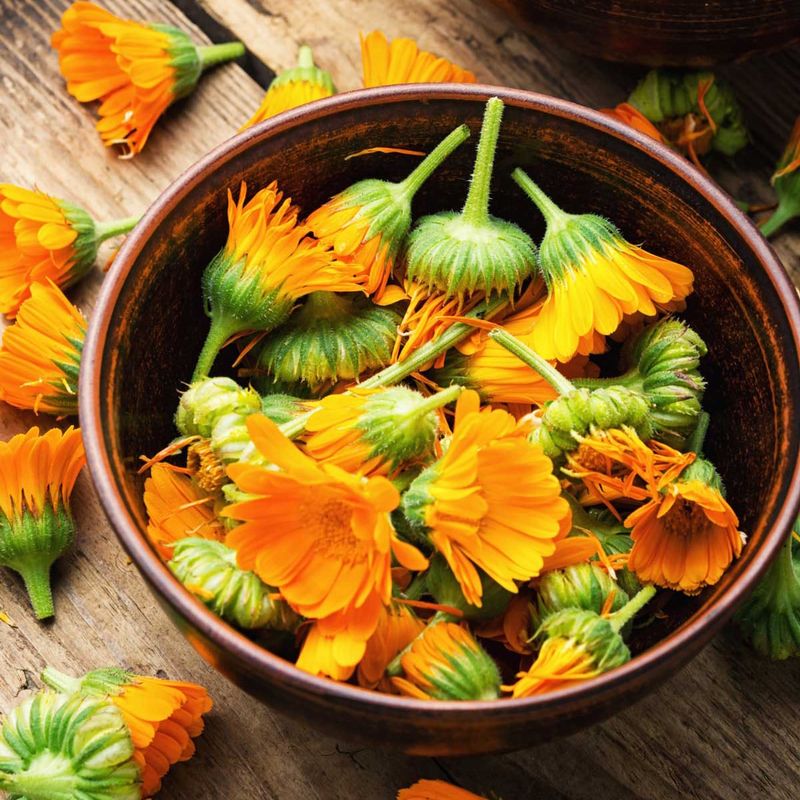
Calendula, known as “pot marigold,” is celebrated for its vibrant orange petals. Historically, it has been used for its anti-inflammatory properties. Imagine the relief of a soothing calendula balm on irritated skin!
The flower’s petals can be infused into oils or creams, offering a natural remedy for minor wounds and skin irritations. Additionally, a tea made from dried calendula petals can aid digestion. Simply steep in hot water, and enjoy a cup of this healing brew.
Let calendula be your gentle, herbal ally, bringing sunshine and health into your life.
2. Lavender
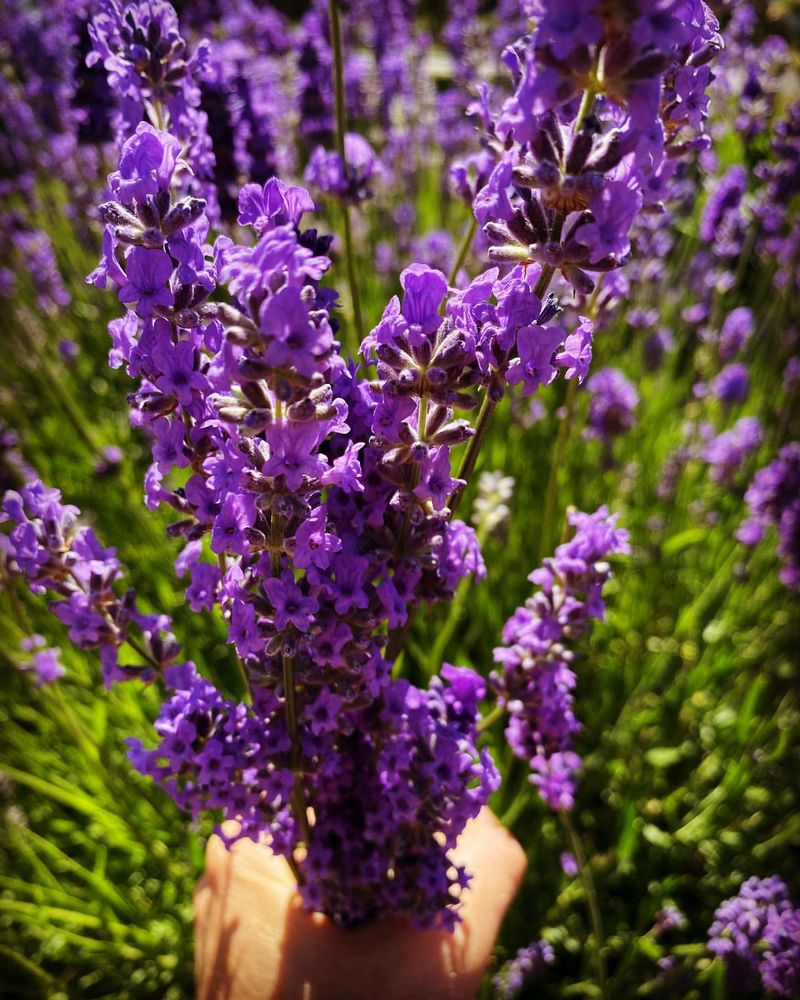
Lavender is renowned for its calming scent and striking purple blooms. This flower is a go-to for relaxation and stress relief. Picture yourself unwinding with a lavender-infused bath after a long day! Lavender essential oil can alleviate anxiety and promote sleep.
Add a few drops to a diffuser or a pillow spray. The flower itself can be used in teas or sachets, offering a soothing aroma. Lavender’s gentle touch can transform your home into a peaceful sanctuary, enveloping you in serenity and well-being.
3. Chamomile

Chamomile, with its dainty white petals and golden centers, is a classic remedy for relaxation. Known for its calming effects, chamomile tea is a bedtime favorite. Picture a warm cup of chamomile tea, whisking away your stress. This flower is also beneficial for digestion.
Steep dried chamomile flowers in hot water for a soothing beverage. Chamomile’s gentle nature makes it suitable for children, providing comfort and ease. Allow chamomile to be your calming companion, nurturing your body and mind with its tender embrace.
4. Echinacea
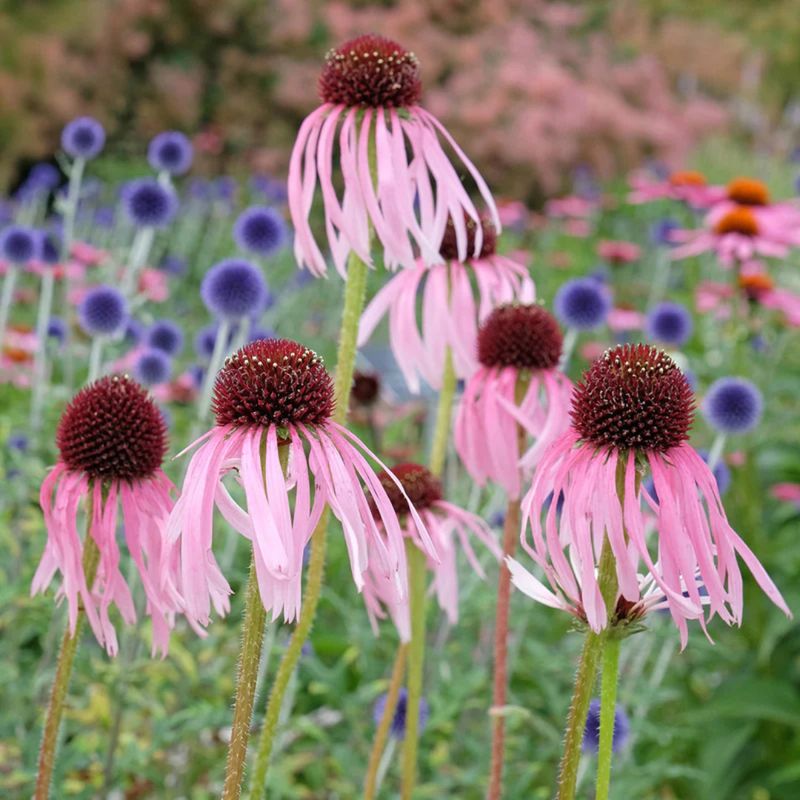
Echinacea, often called the coneflower, is famed for boosting the immune system. Envision a vibrant pink flower ready to fend off a cold or flu! Echinacea is commonly taken as a tea or tincture to reduce symptoms of illness.
The flower’s active compounds can help stimulate the immune response. Incorporate echinacea into your wellness routine by brewing a tea with its dried parts. With echinacea by your side, you’ll feel fortified and ready to tackle whatever comes your way, naturally enhancing your body’s defenses.
5. Hibiscus
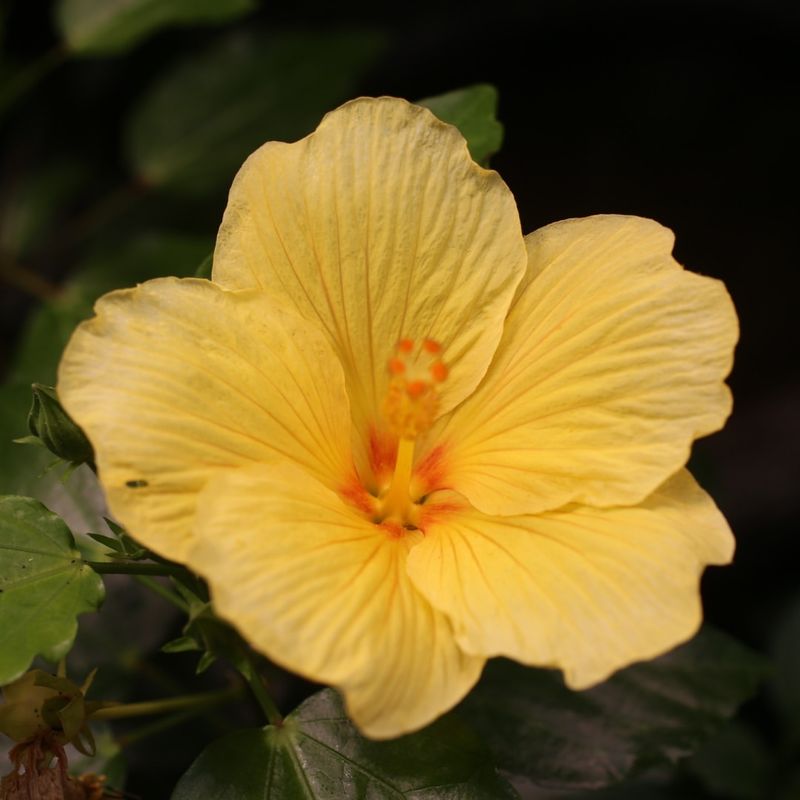
Hibiscus, with its bold red petals, offers more than just beauty. It’s known for its potential to lower blood pressure and support heart health. Imagine sipping on a refreshing hibiscus tea, a vibrant ruby-red elixir.
The flower’s tart flavor makes it a delicious addition to both hot and iced beverages. Hibiscus is rich in antioxidants, providing a healthful boost. Simply steep dried hibiscus petals in boiling water and enjoy the tangy drink. Let hibiscus be your heart’s floral ally, infusing your day with color and vitality.
6. Passionflower

Passionflower is admired for its intricate blossoms and calming properties. Visualize a delicate flower that eases anxiety and insomnia. The compounds in passionflower can promote relaxation and improve sleep quality. It is often used in teas or tinctures.
Simply steep the dried flower parts in hot water for a tranquil infusion. Passionflower can be your soothing guide, helping you unwind and find peace amid life’s chaos. Allow its gentle presence to envelop you, bringing tranquility and restful nights.
7. Rose

Roses are not just symbols of love but also possess healing properties. Picture a rose garden in full bloom, offering both beauty and wellness. Rose petals can be used to make a fragrant tea, known for its potential to improve digestion and soothe sore throats.
The essential oil derived from roses is celebrated for its calming effects. Add a few drops to your skincare routine for a touch of luxury. Let roses be your aromatic companions, enveloping you in their soft embrace and enriching your health.
8. Jasmine

Jasmine, with its intoxicating fragrance, is renowned for its relaxing properties. Imagine a moonlit garden filled with the scent of jasmine, melting away the day’s stress. The flowers are used to create a calming tea, which can help alleviate anxiety.
Jasmine oil is often added to aromatherapy blends, promoting relaxation. Incorporate this enchanting flower into your life and let its sweet scent transport you to a place of peace and tranquility. Jasmine’s gentle allure will soothe your soul and uplift your spirits.
9. Yarrow
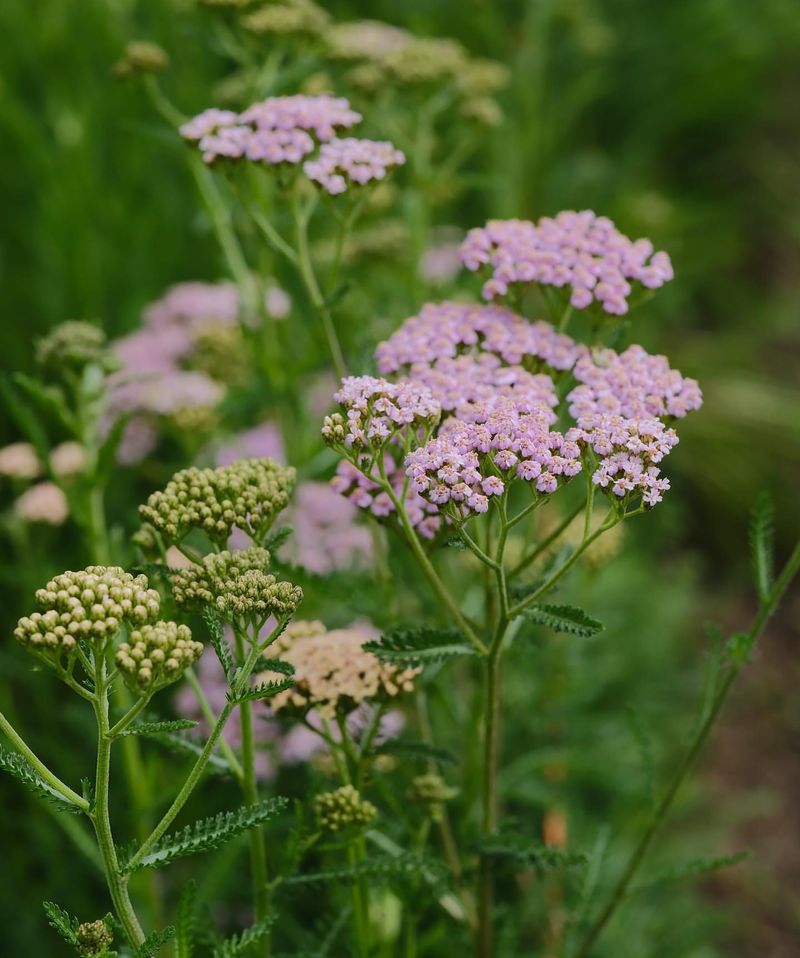
Yarrow, a hardy plant with small white flowers, has been used traditionally to treat wounds. Imagine a field medic’s herbal toolkit, with yarrow as a key player. Known for its astringent properties, it can help stop bleeding and reduce inflammation.
The leaves and flowers can be made into a poultice or tea. Yarrow tincture is also popular for digestive health. By embracing yarrow, you invite this ancient healer into your life, offering natural support for minor injuries and wellness needs.
10. Elderflower
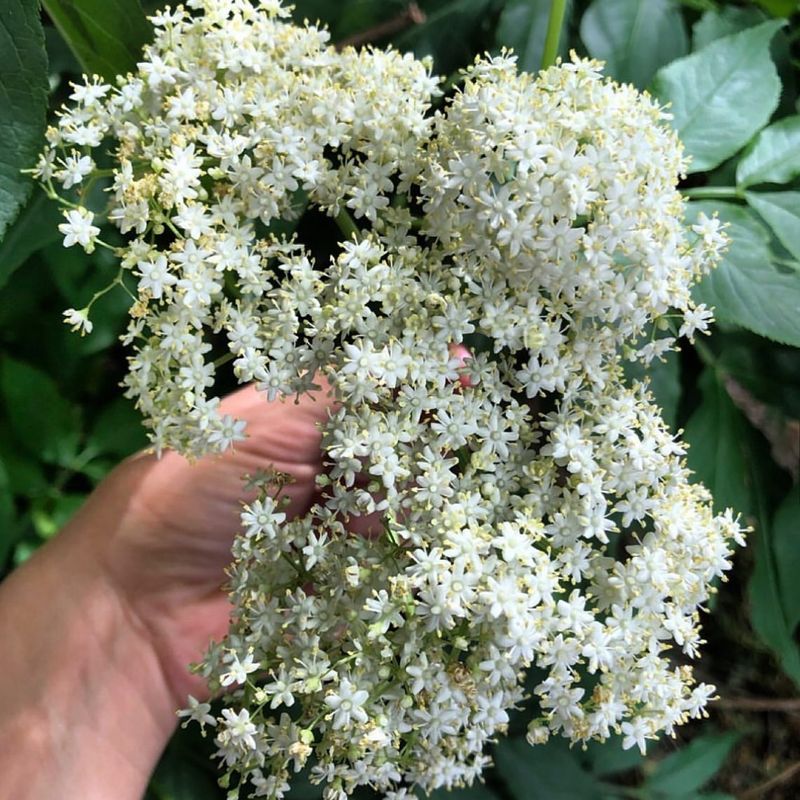
Elderflower is celebrated for its delicate white blooms and medicinal benefits. Visualize a summer meadow dotted with elderflowers, offering relief from colds and allergies. The flowers can be used to make soothing teas and syrups.
Elderflower’s anti-inflammatory properties make it beneficial for respiratory health. A simple elderflower infusion can ease congestion and support the immune system. As you incorporate elderflower into your herbal repertoire, you’ll discover a gentle yet effective ally in maintaining health and vitality.
11. St. John’s Wort
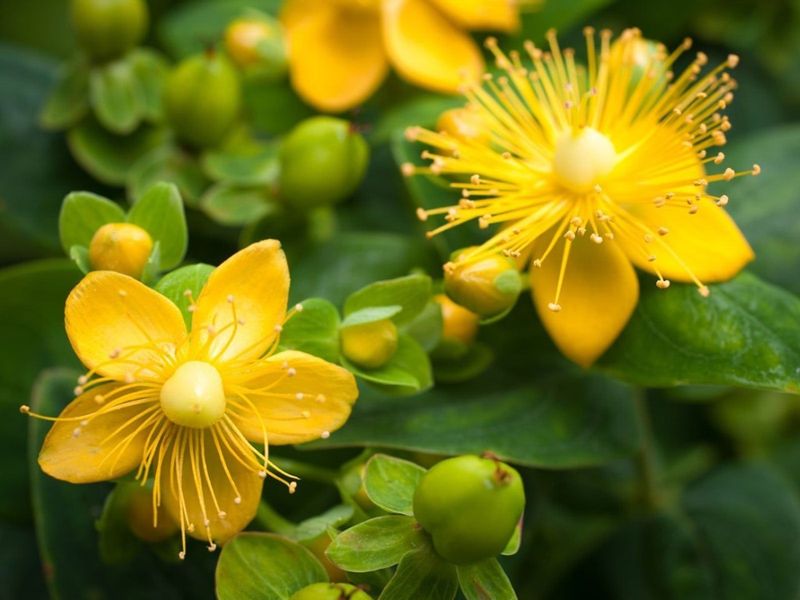
St. John’s Wort, with its bright yellow blooms, is widely known for its mood-enhancing properties. Envision a sunny meadow infused with positivity, much like the uplifting effects of this flower. It’s commonly used to alleviate symptoms of depression and anxiety.
St. John’s Wort can be taken as a tea or in capsule form. However, it can interact with certain medications, so consult a healthcare provider. Embrace St. John’s Wort as a natural way to brighten your mood and support mental well-being.
12. Dandelion
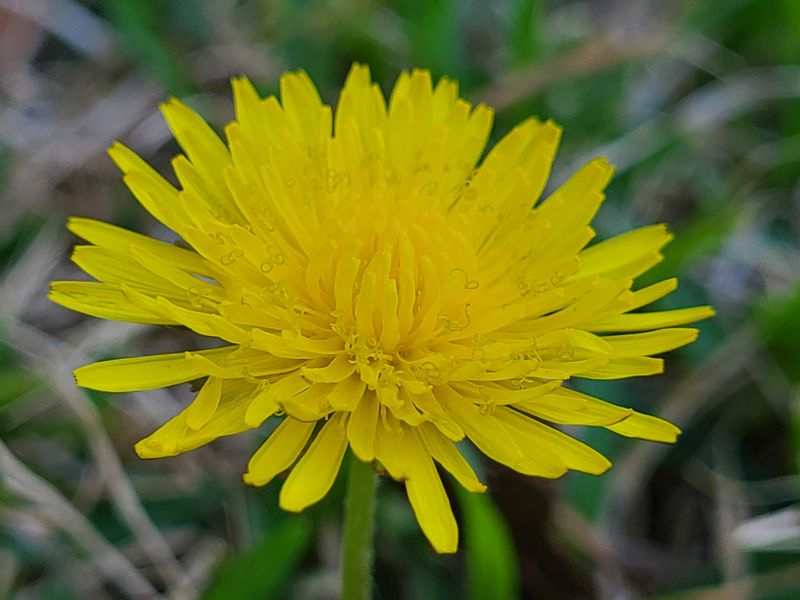
Dandelion, often seen as a weed, is a powerhouse of nutrients. Picture a golden dandelion basking in the sun, ready to support your liver health. The roots and leaves are rich in vitamins and minerals, and dandelion tea is known for its detoxifying properties.
Incorporate dandelion into your diet by adding young leaves to salads or brewing a cup of its earthy tea. Let dandelion surprise you with its ability to nourish and cleanse, turning a common lawn nuisance into a valuable herbal remedy.
13. Feverfew
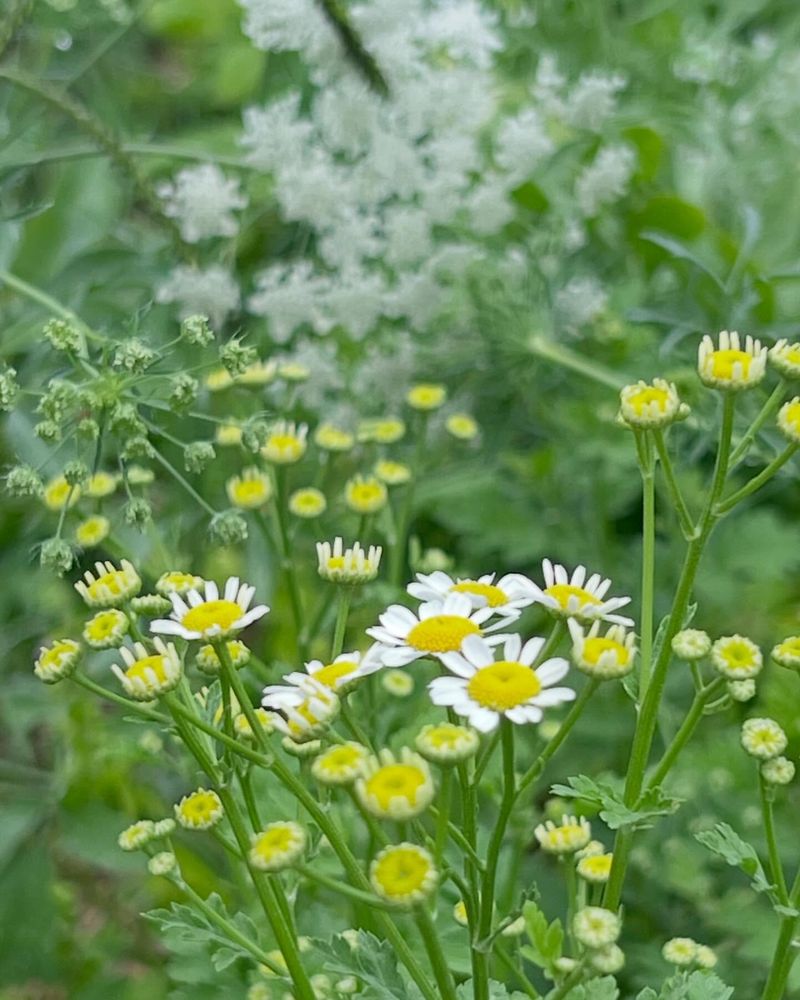
Feverfew, with its delicate daisy-like flowers, has been used traditionally to prevent migraines. Imagine a flower bed filled with feverfew, offering relief from persistent headaches. The active compounds in feverfew help reduce inflammation and spasms.
It can be consumed as a tea or in capsule form. Regular use may help decrease the frequency and severity of migraines. By inviting feverfew into your wellness routine, you gain a natural ally in the fight against headaches, embracing a holistic approach to pain management.
14. Lemon Balm
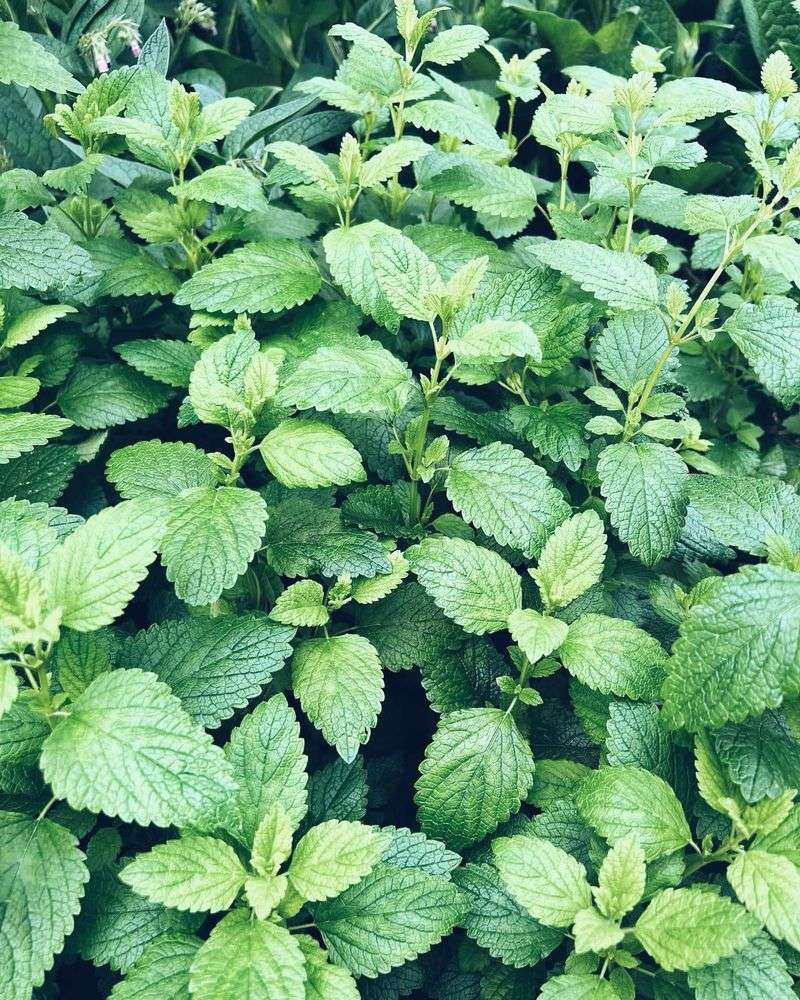
Lemon balm, a fragrant herb with citrus notes, is celebrated for its calming effects. Picture a lush garden filled with lemon balm, ready to lift your spirits. This versatile herb can be made into a soothing tea, perfect for alleviating stress and anxiety.
Lemon balm is also known to aid digestion and improve sleep. Its gentle aroma can be infused into oils or used in aromatherapy. Embrace lemon balm in your daily rituals, allowing its refreshing scent and calming properties to enhance your well-being naturally.
15. Red Clover
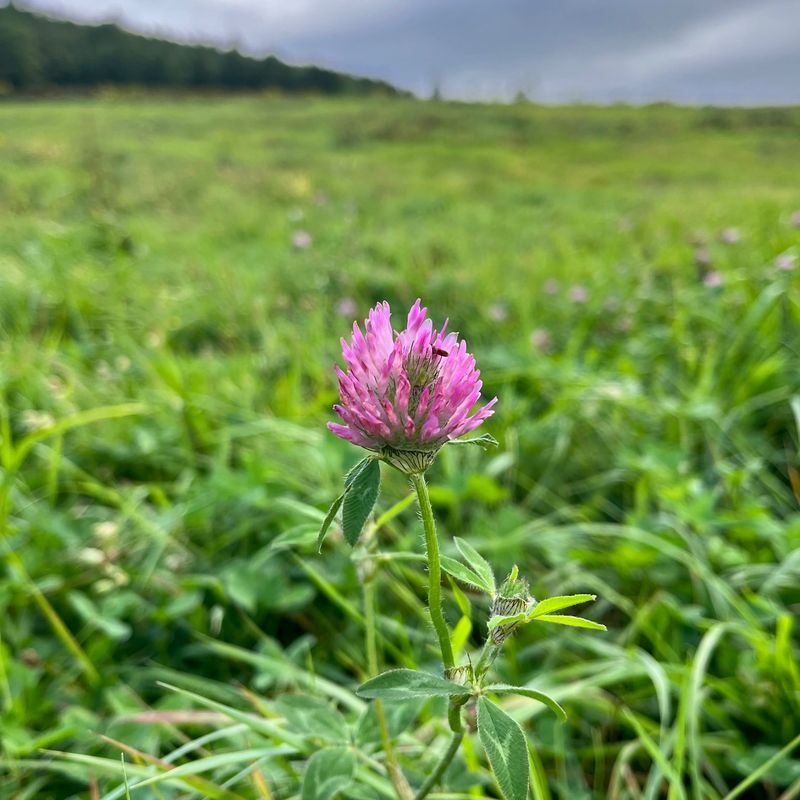
Red clover, with its vibrant pinkish-red flowers, is known for its estrogen-like compounds. Picture a meadow of red clover, buzzing with life and vitality. This flower is often used to support women’s health, particularly during menopause. Red clover can be consumed as a tea or in supplements, helping to balance hormones.
Its isoflavones may reduce menopausal symptoms. By incorporating red clover into your wellness routine, you can embrace its natural support for hormonal health, inviting balance and comfort into your life.
16. Marshmallow
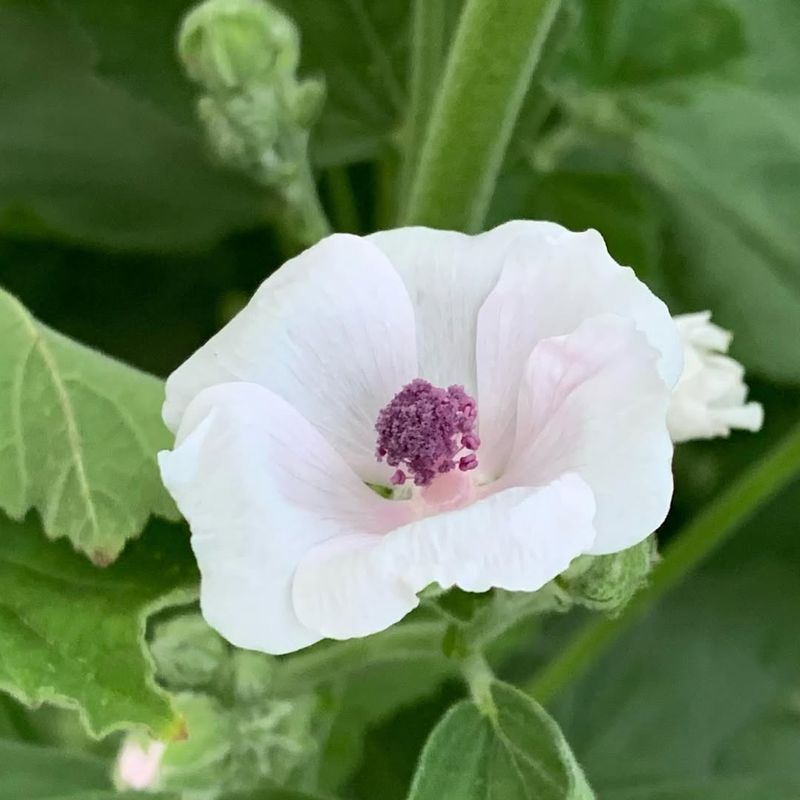
Marshmallow, with its soft pink flowers, is not just for sweet treats. Envision a serene landscape with marshmallow plants, offering soothing relief. The root of the marshmallow plant has been used traditionally to ease coughs and sore throats.
It creates a protective mucilage that coats the throat. Marshmallow root tea is a comforting remedy during cold season. By embracing marshmallow, you invite a gentle healer into your life, providing natural relief for respiratory discomfort and supporting overall well-being with its soothing properties.
17. Valerian
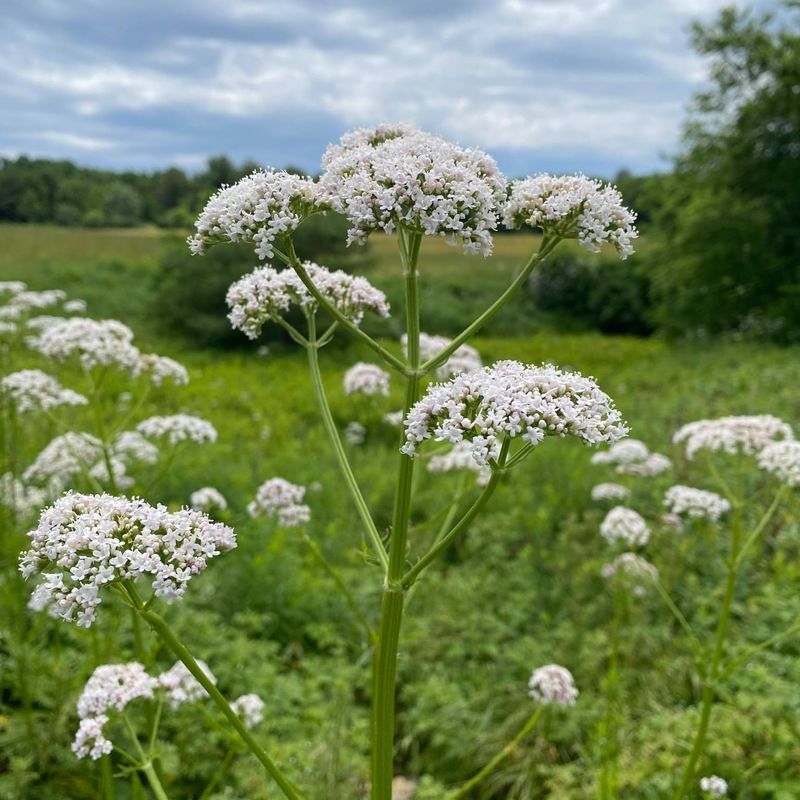
Valerian, with its clusters of pink flowers, is renowned for its sleep-inducing properties. Picture a peaceful woodland scene, with valerian growing in a sun-dappled clearing. This flower’s root is often used in herbal remedies to improve sleep quality and reduce anxiety.
Valerian can be consumed as a tea or in capsule form. Allow valerian to be your guide to restful nights and serene days, providing natural support for relaxation and mental well-being. Embrace valerian in your bedtime routine and enjoy its calming effects.
18. Elderberry
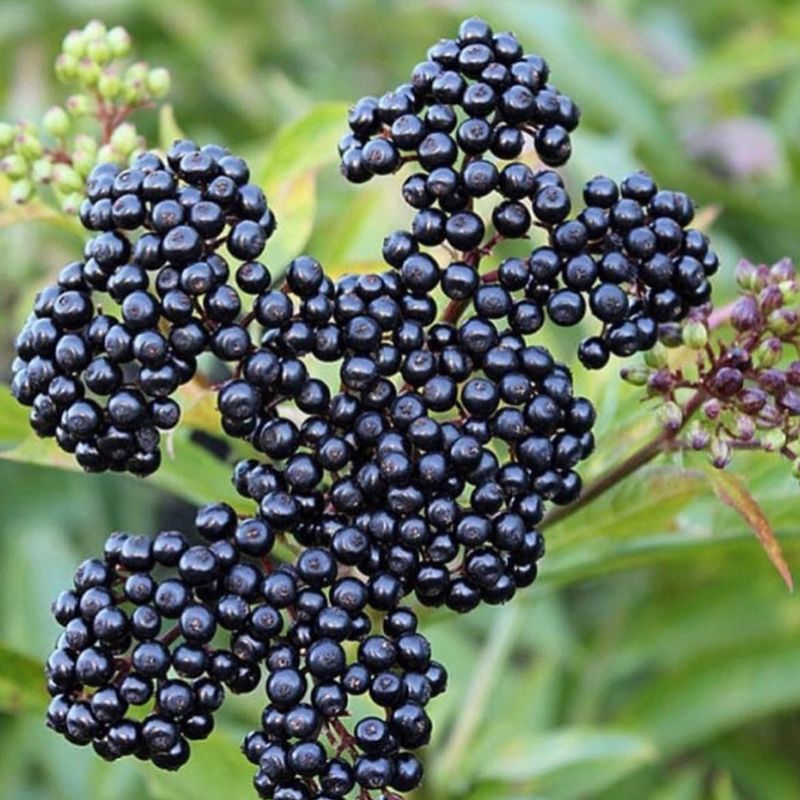
Elderberry, with its white flowers and dark berries, is a traditional remedy for boosting the immune system. Visualize a cluster of elderberries, rich in antioxidants and ready to support your health. Elderberry syrup is popular for alleviating cold and flu symptoms.
The flowers can also be used in teas and tinctures. Incorporate elderberry into your wellness routine to harness its powerful properties. As you welcome elderberry into your life, you gain a natural ally in strengthening your immune defenses and promoting overall health.
19. Linden
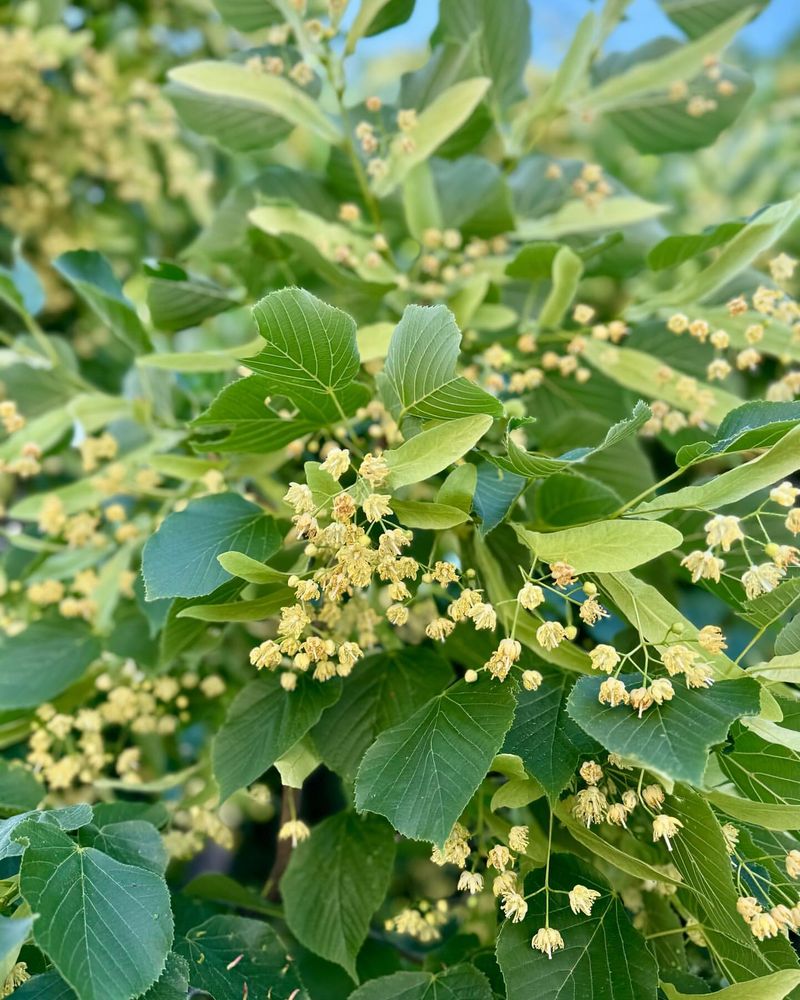
Linden, with its fragrant yellow flowers, is known for its calming effects. Imagine a linden tree in full bloom, offering tranquility and relief. The flowers are often used in teas to alleviate stress and anxiety. Linden tea is also beneficial for digestion and soothing headaches.
By incorporating linden into your daily routine, you invite a gentle balm of relaxation and wellness. Embrace the soothing properties of linden, allowing its delicate fragrance and calming nature to infuse your life with peace and serenity.
20. Meadowsweet
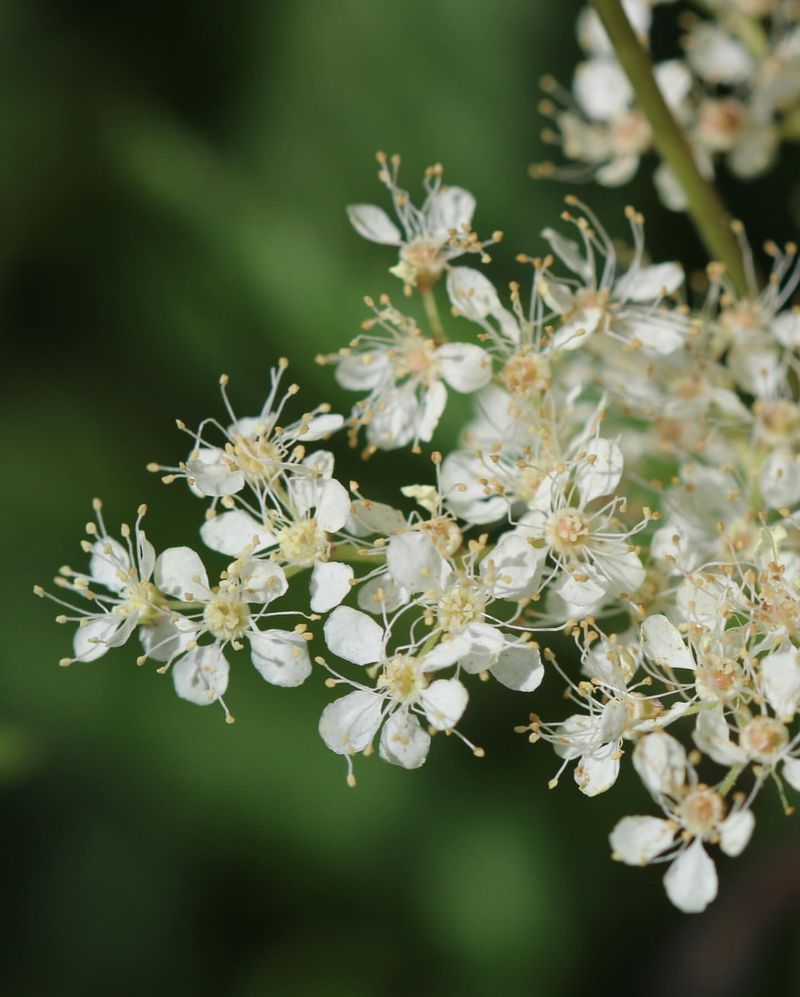
Meadowsweet, with its creamy-white flowers, is a traditional remedy for aches and pains. Picture a field of meadowsweet, waving gently in the breeze, offering natural relief. Its active compounds, similar to aspirin, help reduce inflammation and ease discomfort.
Meadowsweet tea is a natural choice for headaches and joint pain. By embracing meadowsweet, you welcome a gentle healer into your life, providing soothing relief for everyday ailments. Allow meadowsweet to be your floral companion, supporting your journey to wellness with its natural benefits.
21. Peppermint

Peppermint, with its invigorating scent, is a versatile herb for digestive health. Imagine a fresh peppermint plant, ready to energize your senses. Peppermint tea is a popular remedy for soothing upset stomachs and relieving indigestion.
The essential oil is also used to alleviate headaches and improve focus. Incorporate peppermint into your routine for a refreshing boost. Whether in a cup of tea or a few drops of oil, peppermint’s revitalizing properties will enhance your daily life, bringing clarity and comfort to your day.
22. Saffron
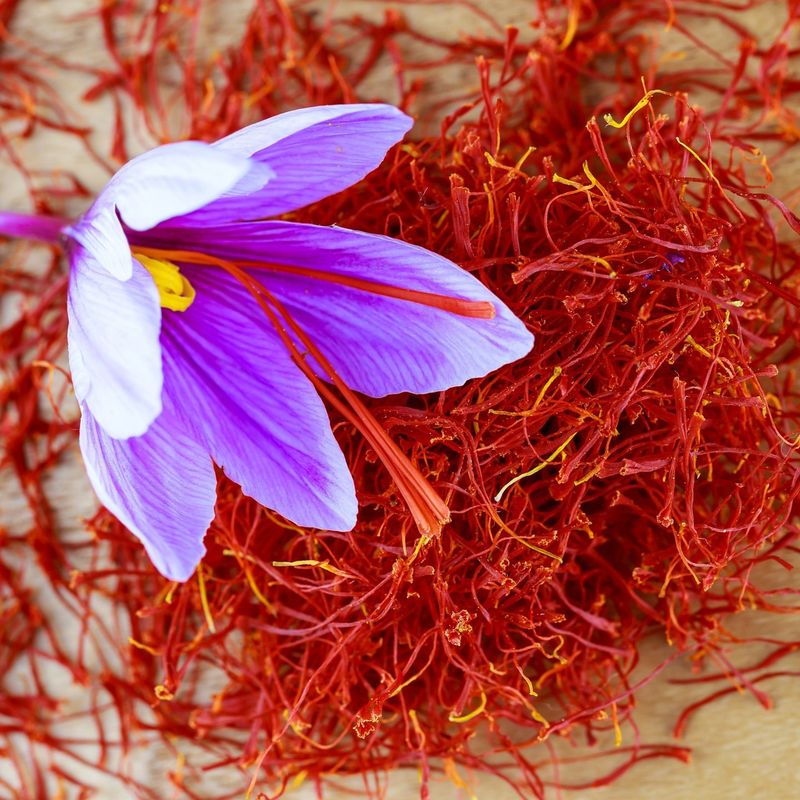
Saffron, derived from the crocus flower, is prized for its golden hue and medicinal benefits. Picture a saffron crocus blooming in a sunlit garden, offering more than just vibrant color. Saffron is known to elevate mood and enhance memory.
It can be infused into teas or used as a spice in cooking. Saffron’s unique compounds support mental health and cognitive function. By incorporating saffron into your lifestyle, you embrace a luxurious spice with ancient healing properties, enriching your wellness journey with its delicate touch.

